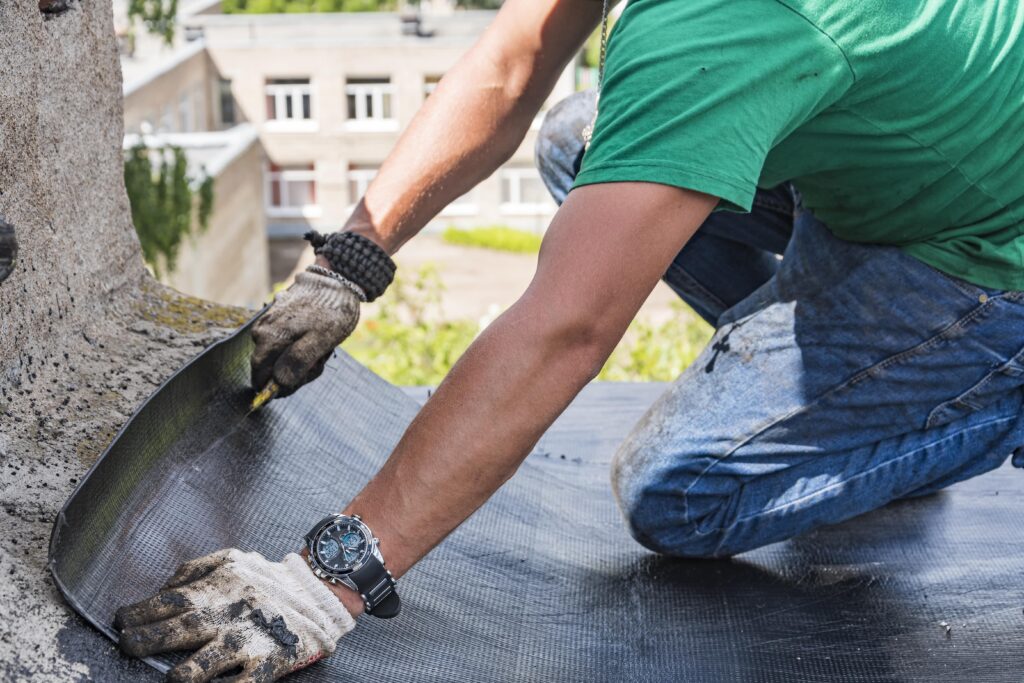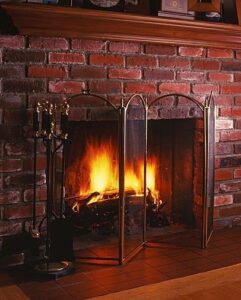Water damage is one of the most common yet devastating issues homeowners face. Living in Miami, with its tropical climate and seasonal storms, the risk of water damage increases significantly. That’s why it’s crucial to know how to protect your home from water damage. In this guide, I will share practical tips and insights to help you safeguard your property effectively.
Understanding Water Damage
Before diving into prevention strategies, it’s important to understand what water damage entails. Water damage can stem from various sources, including:
- Leaking roofs
- Burst pipes
- Flooding from heavy rains
- Malfunctioning appliances
- Condensation and humidity
Each of these sources can lead to costly repairs and significant disruptions in your life. Knowing the signs of water damage, such as discoloration on walls or ceilings, musty odors, and mold growth, can help you act quickly if a problem arises.
Preventing Water Damage in Your Home
Now that we understand the risks, let’s explore some effective strategies to keep our homes safe from water damage.
Regular Roof Inspections
Your roof is your home’s first line of defense against the elements. Periodic inspections, especially after storms, can help identify potential leaks or damage. Look for:
- Missing or damaged shingles
- Debris accumulation in gutters
- Signs of water pooling
If you’re not comfortable climbing onto your roof, consider hiring a professional for a thorough inspection. It’s a small investment that can save you from major headaches later.
Maintain Your Gutters
Clogged gutters can lead to water overflow, damaging your roof and siding. Clean your gutters at least twice a year, or more frequently during storm season. A well-maintained gutter system directs water away from your home’s foundation, preventing serious issues.
Seal Windows and Doors
Another critical area to check is the seals around your windows and doors. Over time, weather stripping can wear out, allowing water to seep in. Ensure that seals are intact and replace any damaged weather stripping promptly. This not only protects against water damage but also improves your home’s energy efficiency.
Interior Water Damage Prevention
While external factors contribute to water damage, several preventive measures can be taken inside your home as well.
Monitor Your Appliances
Major appliances such as washing machines, dishwashers, and refrigerators can be culprits for water leaks. Regularly inspect hoses and connections for signs of wear or leaks. Consider using a water leak detection system that can alert you to any unusual moisture levels in your home.
Install a Sump Pump
If your home is prone to flooding, a sump pump can be a lifesaver. This device removes excess water from your basement or crawl space, preventing water damage. Ensure it is installed correctly and tested regularly to keep it functioning when needed.
Use Water-Resistant Materials
When remodeling or renovating, consider using water-resistant materials, particularly in areas prone to moisture, like bathrooms and kitchens. Waterproof paints, tiles, and drywall can significantly reduce the risk of water damage.
Dealing with Humidity
In Miami, humidity is a constant concern. High humidity levels can lead to condensation and mold growth, both of which can damage your home. Here are some tips to manage humidity:
Use Dehumidifiers
Installing dehumidifiers in high-humidity areas, such as basements or bathrooms, can help maintain a safe moisture level in your home. Aim for a humidity level between 30% and 50% for optimal comfort and safety.
Ventilate Properly
Ensure that areas prone to moisture, like bathrooms, are well-ventilated. Consider installing exhaust fans to help circulate air and reduce humidity levels.
What to Do in Case of Water Damage
Even with the best preventive measures, water damage can still occur. If you find yourself dealing with it, here’s what to do:
Act Quickly
The sooner you address water damage, the less severe the consequences will be. If you notice water pooling or leaks, turn off the main water supply and remove any standing water as quickly as possible.
Contact Professionals
Once the immediate threat is handled, it’s time to call in the professionals. Water damage restoration specialists can assess the situation and help with cleanup, repairs, and prevention of mold growth.
Frequently Asked Questions
How can I tell if my home has water damage?
Signs include stained walls, peeling paint, warped flooring, and a musty odor. If you notice any of these signs, it’s best to investigate further.
Is water damage covered by homeowners insurance?
Most homeowners insurance policies cover sudden and accidental water damage, such as burst pipes. However, damage from neglect, like poor maintenance, may not be covered. Check your policy for details.
Can I prevent mold growth after water damage?
Yes! Acting quickly to dry out the affected area and using dehumidifiers can help prevent mold growth. If mold does appear, it should be addressed by professionals.
What should I do if my basement floods?
If your basement floods, turn off electricity in the area, remove any valuables, and call a water damage restoration service. Do not attempt to enter a flooded area without ensuring it is safe.
By following these steps and staying vigilant, you can significantly reduce the risk of water damage in your home. Remember, the key to protection is prevention, and it’s always better to be proactive than reactive! So, take these tips to heart and rest easy knowing you’re doing all you can to protect your investment. Protect your home with the best handyman service in Miami.






